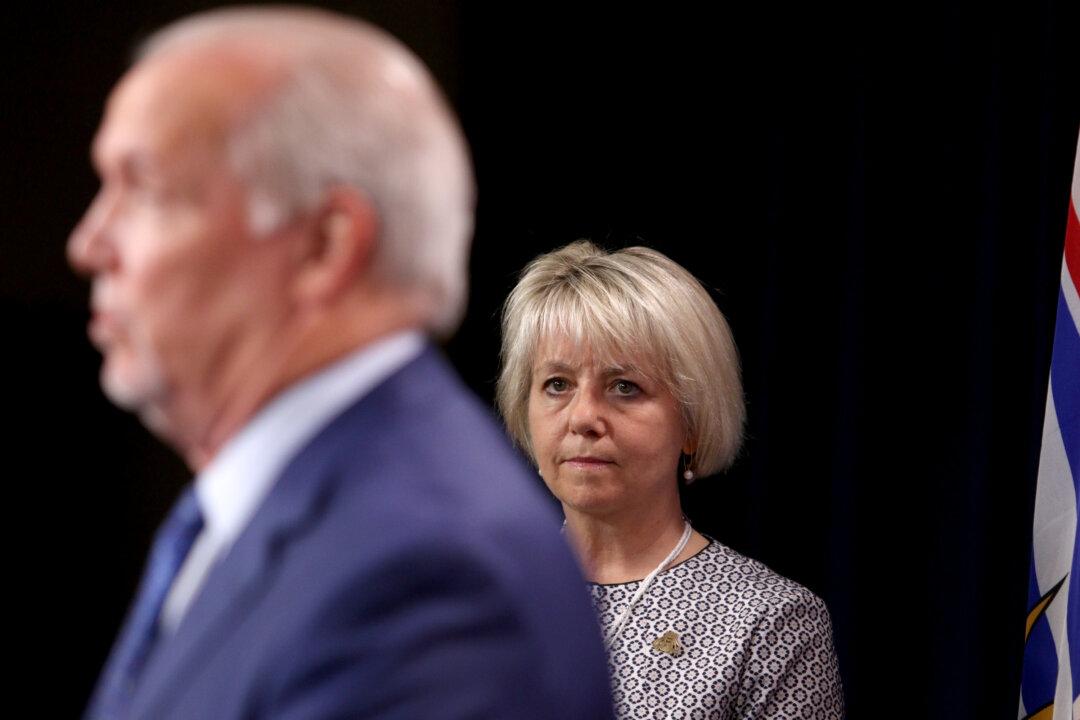A legal advocacy group is preparing to take the British Columbia government to court over its mandatory vaccine passport system, saying the policy is discriminatory because it does not allow exemptions for medical reasons.
B.C.’s vaccine card will soon be required to access non-essential services and businesses, including restaurants, bars, gyms, concerts, indoor sports events, and other indoor events such as weddings and conferences. The policy does not allow exemptions for medical reasons or for reasons of faith or conscience.





